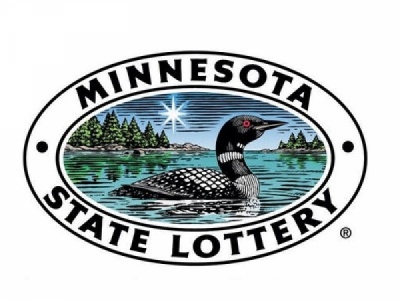
Posted on October 9, 2018
Eight conservation and environmental groups plan to sue the state for tapping an environmental fund to finance a $98 million package of infrastructure projects in a way that they say violates the Minnesota Constitution and betrays voters’ trust.
The Environmental and Natural Resource Trust Fund, which receives about $60 million a year in proceeds from the Minnesota Lottery, was approved by voters in three constitutional amendments over the past three decades. It is dedicated to “protection, conservation, preservation, and enhancement of the state’s air, water, land, fish, wildlife, and other natural resources.”
Late in the 2018 session, the Republican-controlled Legislature passed a bill that allows the state to use nearly $8 million annually from the fund to buy bonds for the infrastructure projects and pay $66 million in interest costs over their 20-year life. The projects include a new wastewater treatment plant for Itasca State Park; multiple parks projects for the Metropolitan Council; dredging Lake Orono in Lake Elmo, and a stormwater sewer project for St. Paul.
The environmental groups said such projects are typically funded by state general obligation bonds, and that financing them with the bonds specified in the new law costs twice as much and conflicts with the promise made to voters when the amendments were passed.
“This will suck the resources out of the trust fund,” said Steve Morse, executive director of the Minnesota Environmental Partnership, one of the plaintiffs. While the infrastructure projects are badly needed, Morse said, this is an inappropriate and expensive way to finance them.
The groups on Wednesday notified the Office of the Attorney General and the office of Management and Budget, which manages bonds, that the suit will be filed. Other plaintiffs include the Minnesota Center for Environmental Advocacy, Friends of the Mississippi River and the Izaak Walton League.
State Rep. Josh Heintzeman, R-Nisswa, a co-chair of the legislative and citizens committee that oversees the fund, declined to comment on Wednesday. House Speaker Kurt Daudt, R-Crown, did not immediately respond to a request for comment.
The trust fund, created in 1988, is overseen by a 17-member legislative and citizen committee that recommends projects to the Legislature. It has funded studies on invasive species, land and water conservation, and environmental education.
State law says that 5 percent of the principal can be used as loans for water treatment system improvements, but not to finance bonds or pay interest on bonds, the environmental groups say. And the law specifically precludes using the fund to pay for water pollution controls, which some of the projects include.
The provision passed last spring allows about $8 million a year in trust fund money to be used for so-called appropriation bonds, a financing instrument that is riskier for investors and typically carries an interest rate 0.5 percent to 1 percent higher than a general obligation bond. Lawmakers adopted the maneuver, in the final days of assembling their biennial bonding bill, to keep $98 million worth of infrastructure projects out of their $825 million package of general obligation bonds — a threshold Republicans saw as fiscally conservative.
Conservation and environmental groups were outraged by the provision, which was passed on the last day of the session without public testimony.
Gov. Mark Dayton signed the bonding bill under protest, saying in a May letter to Republican leaders that tapping the trust fund was a “devious” move that subverted the normal process governing the trust fund and set a dangerous precedent that could lead to draining it in the long term. He regretted, he said, not being able to veto the entire bill because Minnesota needed the investments.
Nancy Gibson, who co-chairs the citizen and legislative committee that oversees the environmental fund, said “all the projects are good” in the $98 million package, and some resemble the kind that have been funded by the trust fund in the past.
But she said the projects all first surfaced in the Legislature’s general obligation bonding bill earlier this year, “and all were taken out,” to meet the $825 million cap that Republicans had set for themselves.
Gibson said the lawsuit is a sign of failure in the political process, but said the new law would otherwise “open the flood gates” for draining the environmental fund. Some legislators are already talking about doing the same thing again this year, she added.
In September, Morse presented the committee that oversees the trust fund with a letter signed by 34 environmental groups protesting the new use of the funds. Some legislators on the committee said that as long as the bill was passed and signed by the governor, it was constitutional.
“Unless somebody sues … and challenges the constitutionality of it, the bill is constitutional,” said Senator David Tomassoni, DFL-Chisolm.
Source: StarTribune





